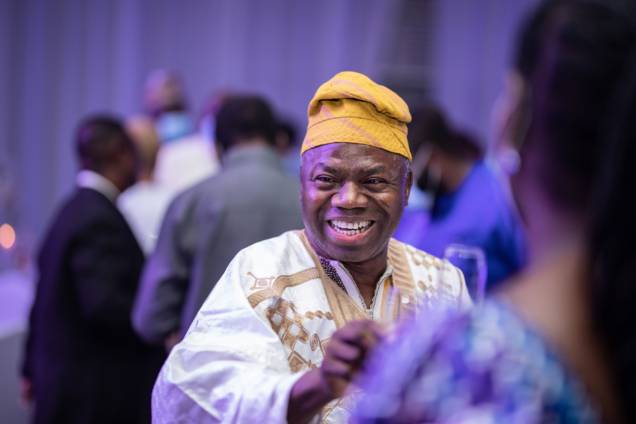Former Stanbic Bank CEO Calls for Tax Reform to Revitalize Ghana's Private Sector
Alhassan Andani, former CEO of Stanbic Bank, has raised significant concerns about Ghana's tax administration, comparing the Ghana Revenue Authority's (GRA) approach to the tactics of a “terrorist organization.†Speaking at the Ghana CEO-Presidential Gala Dinner, Andani argued that the GRA’s aggressive methods are stifling business growth, creating a hostile environment, and fueling corruption within the private sector.
Andani highlighted that the GRA’s approach is often viewed with trepidation by many CEOs and business owners. He described the dread that arises when GRA officials engage with businesses, likening their presence to an intimidation tactic that pressures companies into compliance. According to Andani, this climate discourages genuine business development and weakens the entrepreneurial spirit, placing unnecessary financial strain on companies that are already grappling with high operational costs.
A key part of Andani’s critique focused on the excessive complexity of Ghana’s tax system. He pointed out that some businesses are required to comply with up to 33 different taxes, a burden that impedes operations and discourages investment. He urged the government to simplify the tax regime, suggesting that a streamlined system would allow private businesses the financial breathing room necessary for sustained growth and innovation. Without reform, Andani warned, the nation’s economic potential may be limited, with businesses focusing more on survival than expansion.
Andani also addressed the broader economic pressures facing Ghanaian businesses, including inflation, currency depreciation, and delays in government payments. These factors, he explained, complicate cash flow management and increase the difficulty of meeting tax obligations on time. The high tax load, combined with these economic hurdles, often leaves private sector entities financially strained and further heightens the sense of antagonism between businesses and the GRA.
To foster a healthier business environment, Andani proposed that tax reforms should prioritize a balanced approach that supports both revenue generation and business growth. He suggested that the GRA reduce the number of taxes, merge redundant levies, and ensure that taxes are proportional to the financial capabilities of small and medium enterprises. Such measures, he argued, would improve compliance rates and reduce the confrontational relationship that currently exists between businesses and the GRA.
While Andani acknowledged that most businesses are committed to fulfilling their tax obligations, he emphasized that they require fairer conditions that allow for business growth alongside tax contributions. His call for reform underscores a growing consensus among business leaders that the current tax regime requires immediate adjustment to facilitate economic expansion and improve the climate for Ghanaian entrepreneurs.
Source: Abubakar Ibrahim, Myjoyonline.com



No comments yet
Be the first to share your thoughts!